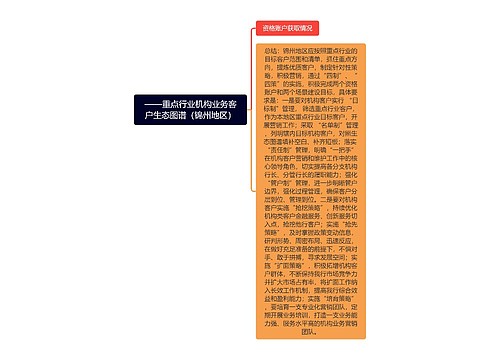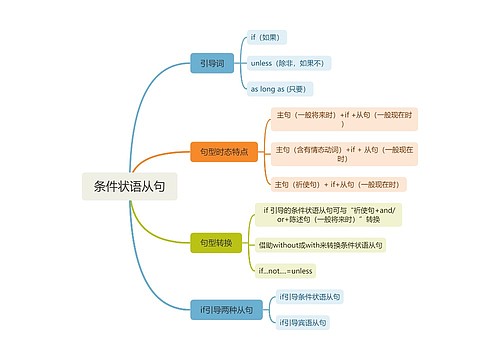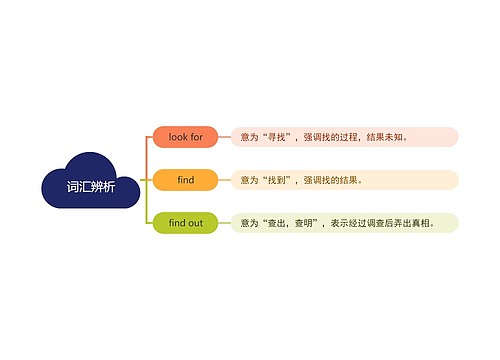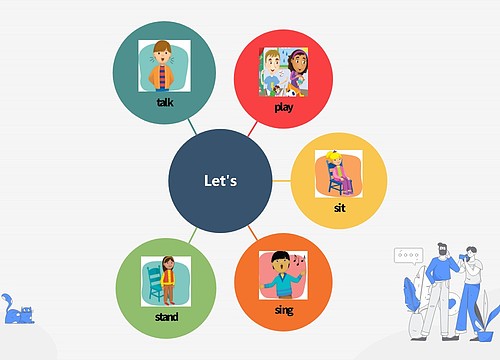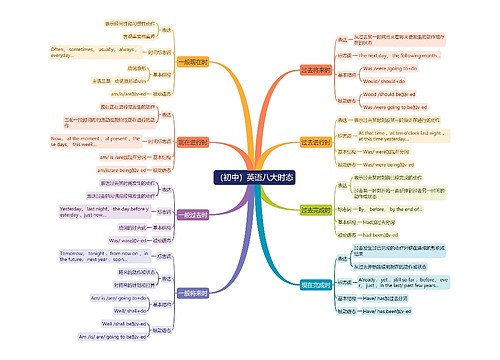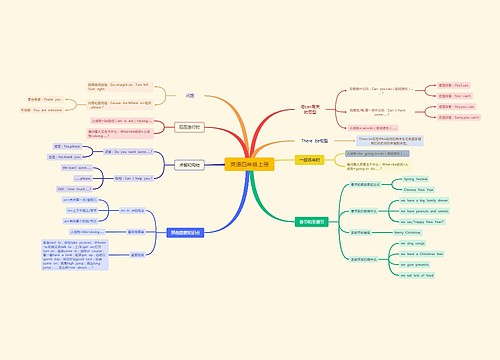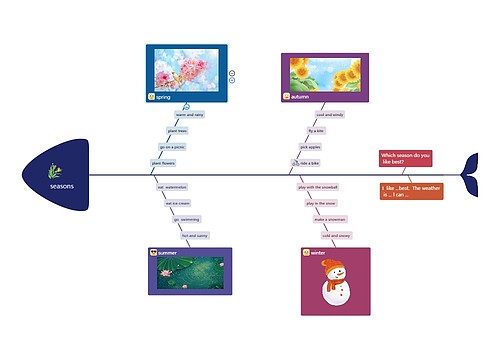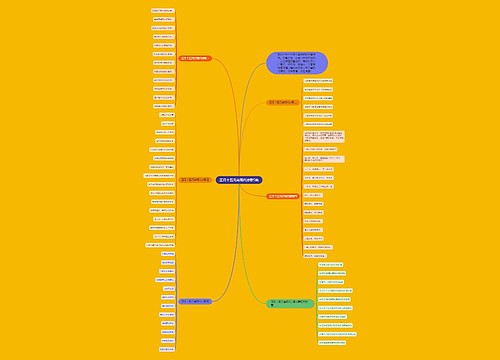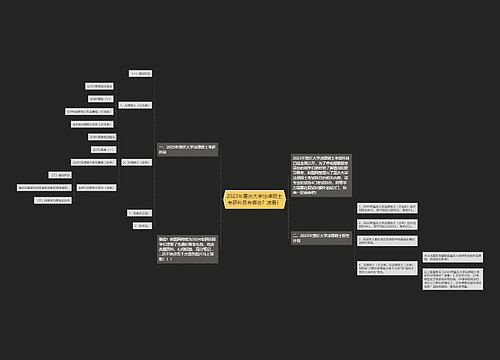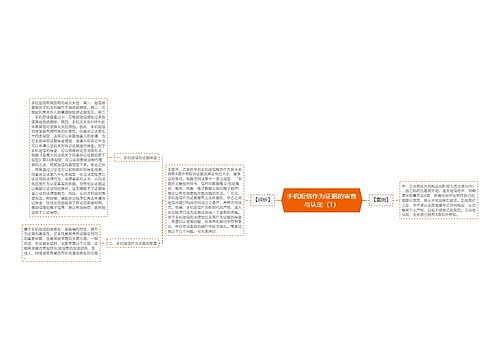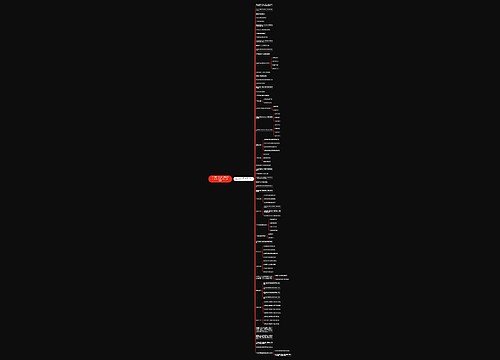A. It+be+形容词(obvious, true, natural, surprising, good, wonderful, funny, possible, likely, certain, probable, etc.)+that从句。如:
It is certain that she will do well in her exam. 毫无疑问她考试成绩会很好。
It is probable that he told her everything. 很可能他把一切都告诉她了。
B. It+be+名词词组(no wonder, an honour, a good thing, a pity, no surprise, etc.)+that从句。如:
It’s a pity that we can’t go. 很遗憾我们不能去。
It’s no surprise that our team should have won the game. 我们没赢这场比赛真意外。
C. It+be+过去分词(said, reported, thought, expected, decided, announced, arranged, etc.)+that从句。如:
It is said that Mr. Green has arrived in Beijing. 据说格林先生已经到了北京。
It is reported that China has sent another man-made earth satellite into orbit.
D. It+seem, happen等不及物动词及短语+that从句。如:
It seems that Alice is not coming to the party at all. Alice似乎不来参加晚会。
It happened that I was out that day. 碰巧我那天外出了。
E. It+doesn’t matter (makes no difference, etc.)+连接代词或连接副词引起的主语从句。如:
It doesn’t matter whether she will come or not. 她是否来这无关紧要。
It makes no difference where we shall have the meeting. 我们在哪里开会毫无区别。
F. 当that引导的主语从句出现在疑问句中时,要以it作形式主语,而把主语从句后置。如:
Is it true that the scientist will give us a lecture next week? 下周那位科学家将给我们作报告是真的吗?
Does it matter much that they will not come tomorrow? 他们明天不来很要紧吗?
G. 当主语从句出现在感叹句中时,要以it作形式主语,而把主语从句后置。如:
How strange it is that the children are so quiet! 孩子们这么安静真奇怪!

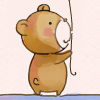 ~漫埗陽茪~
~漫埗陽茪~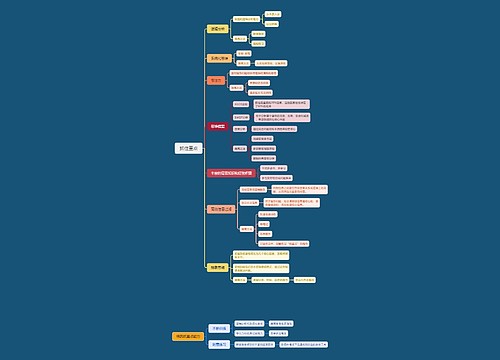
 U481330656
U481330656